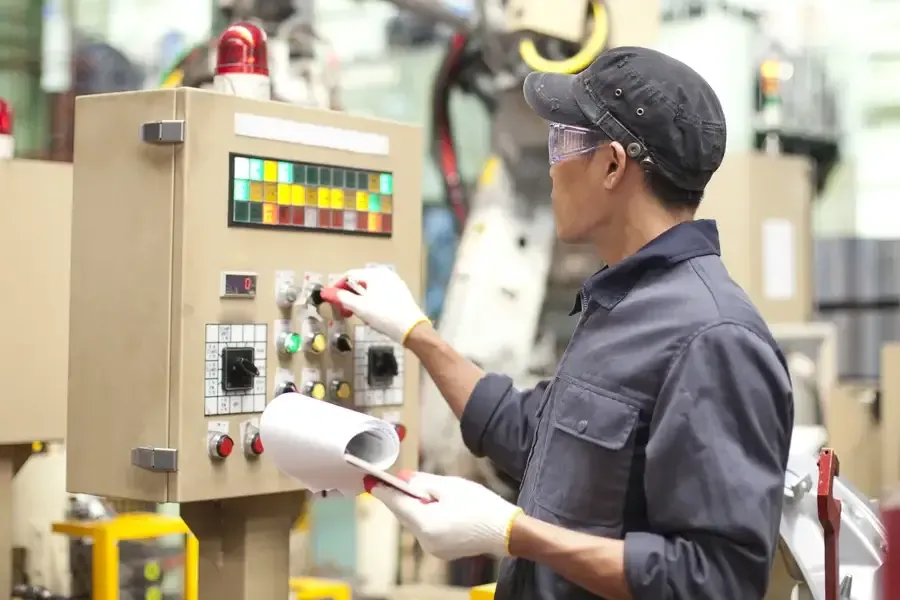Ensuring Your Home’s Safety With Regular Checks
When it comes to keeping your home safe, regular checks can make a significant difference. Many people overlook the importance of these evaluations, but they play a crucial role in preventing accidents and maintaining a secure environment. Electrical systems are often hidden behind walls and ceilings, making potential issues hard to spot. That’s why having professionals assess your home regularly is so important. They can identify problems early and prevent them from becoming serious hazards.

The Benefits of Regular Evaluations
A scheduled check-up provides numerous benefits for homeowners. First, it ensures that all systems are up to code and functioning properly, which can significantly reduce the risk of electrical fires. Second, it helps identify worn-out wiring or faulty connections before they cause major damage. These assessments also provide peace of mind by confirming that your home’s infrastructure is safe for you and your family.
- Prevents potential hazards
- Ensures compliance with safety standards
- Extends lifespan of electrical components
- Offers peace of mind for homeowners
Identifying Common Risks in the Household
Homes face several risks related to their electrical systems. Faulty wiring, overloaded circuits, and outdated panels are just a few common issues that can lead to bigger problems if not addressed. An electrical inspection reveals these risks and many others, allowing you to take action before they escalate. Many house fires start due to these undetected faults, underscoring the need for thorough checks.

Steps for Effective Home Safety Evaluations
Conducting a thorough assessment involves several key steps. First, ensure that all outlets and switches are working correctly, as malfunctioning ones can indicate deeper issues. Next, test circuit breakers to confirm they trip as intended during overloads. It’s also important to examine cords and plugs for wear and tear since damaged items pose fire risks. Finally, evaluate lighting fixtures and appliances for any signs of overheating or burn marks.
- Check all outlets and switches
- Test circuit breakers
- Examine cords and plugs
- Evaluate lighting fixtures and appliances
Expert Recommendations for Maintaining Safety
Experts suggest several best practices to maintain a safe home environment. Begin by scheduling regular inspections at least once a year. This allows trained professionals to catch problems early. Another tip is to replace older wiring with modern alternatives, especially in older homes. Stay informed about the latest safety codes to ensure compliance. Lastly, never attempt DIY repairs on complex issues; always seek professional help to avoid unnecessary risks.
Understanding Industry Standards and Compliance
Adhering to industry standards is essential for ensuring the safety of your home’s electrical system. These standards guide everything from installation processes to regular maintenance routines. Compliance with local regulations not only keeps your home safe but also avoids legal complications. Understanding these requirements helps you make informed decisions when hiring professionals for installation or repair work.
Factors Influencing Evaluation Costs
The cost of an evaluation varies depending on several factors. The size of your home plays a significant role; larger homes typically require more time and resources. The age of the property can also influence cost, as older homes might have outdated systems needing extra attention. Additionally, the complexity of the system impacts pricing-homes with intricate setups may incur higher fees.
Your Path to a Safer Home
Taking proactive steps toward securing your home’s electrical safety is vital. By understanding the importance of professional evaluations and implementing expert recommendations, you can create a safer living space. If you’re looking to enhance your home’s safety, contact GQ Custom Electric for reliable service today. Based in Los Angeles, CA, we ensure top-notch service tailored to your needs. Call us at (213) 292-1469 for more information.